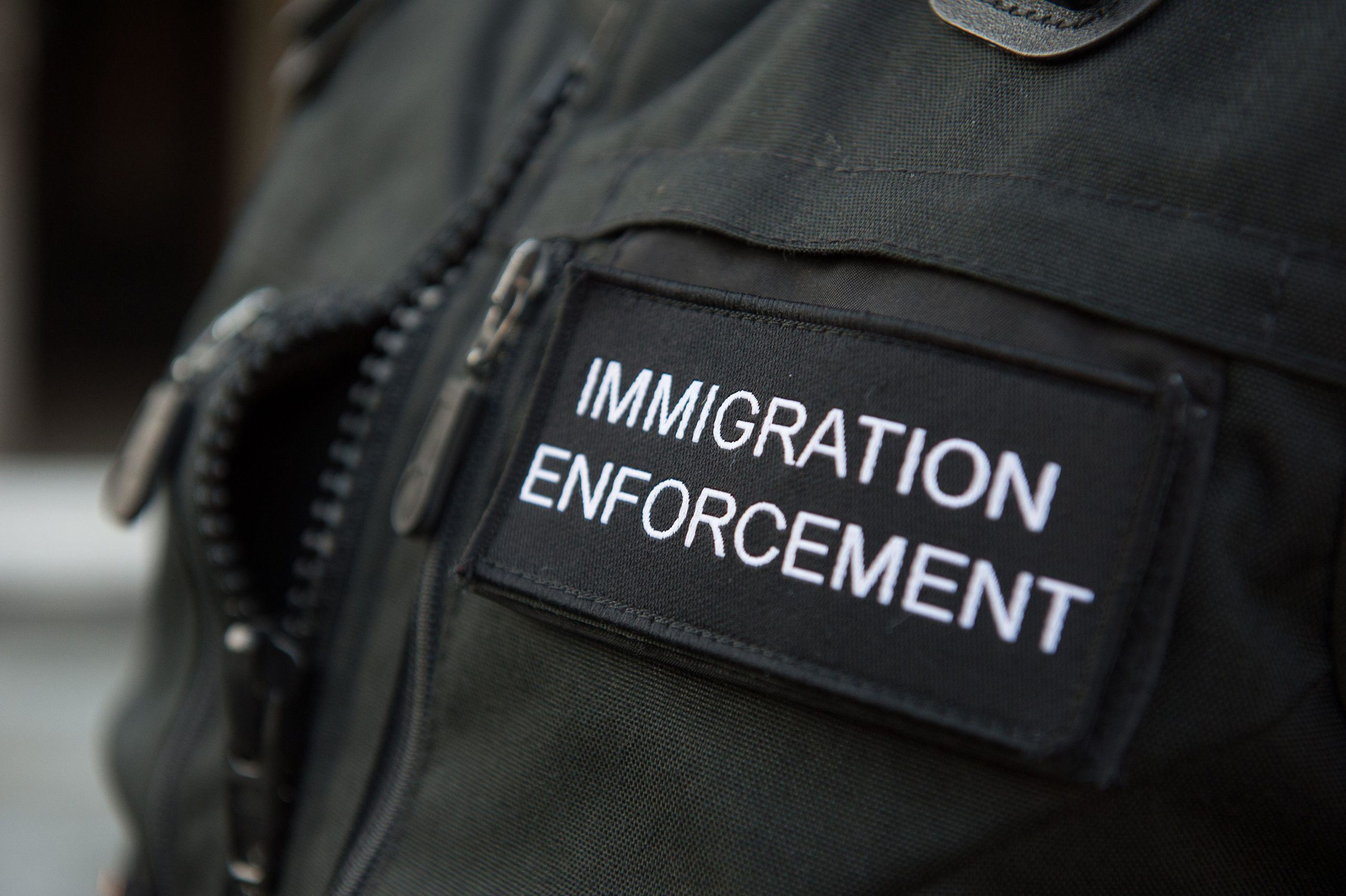Home Office signs up charities to scheme that could lead to deportation of rough sleepers
Published on 27 March 2021

When approached by Liberty Investigates over concerns about the scheme, a London-based charity immediately deregistered.
Reports Aaron Walawalkar, Liberty Investigates journalist, and Mark Townsend, Home Affairs editor at the Observer. Edited by Eleanor Rose, Liberty Investigates editor.


